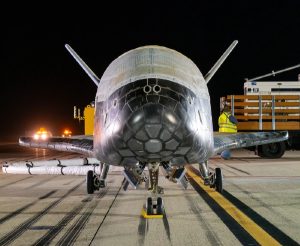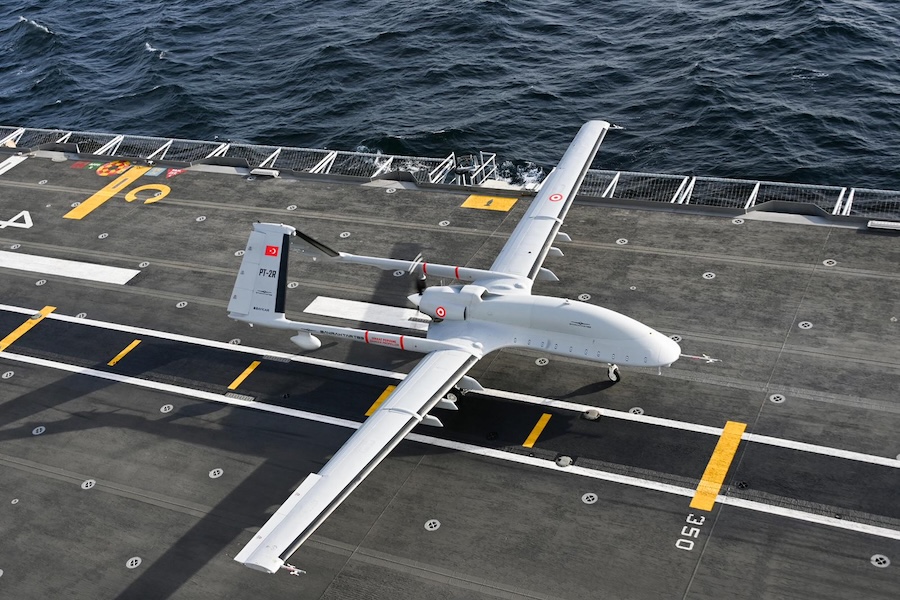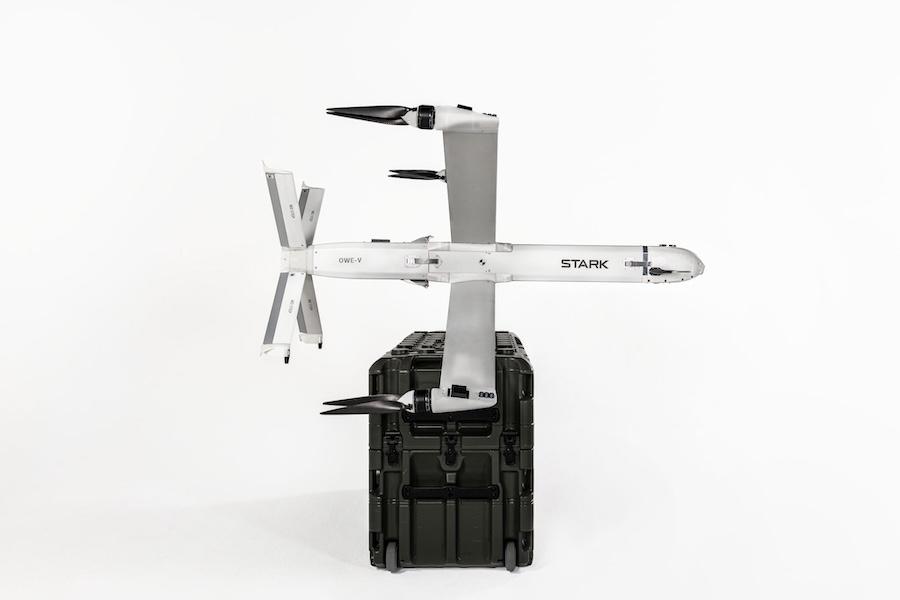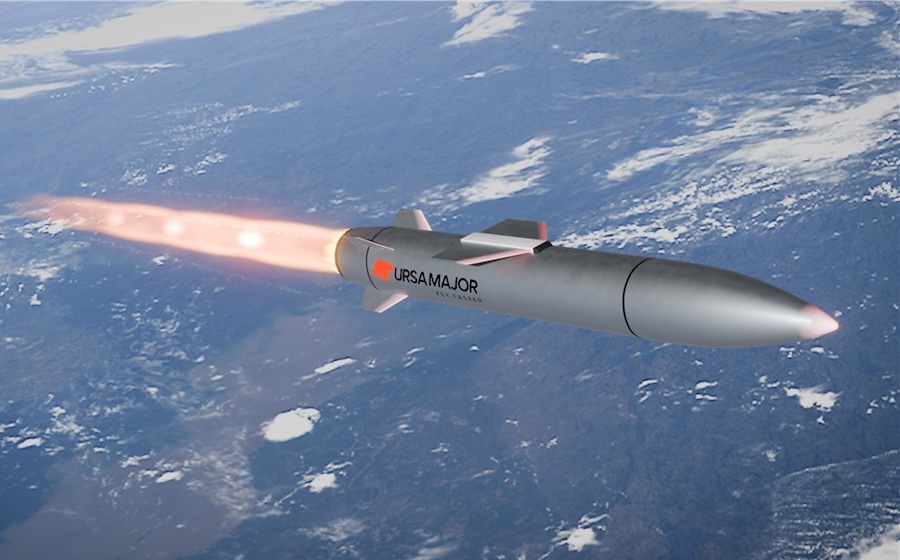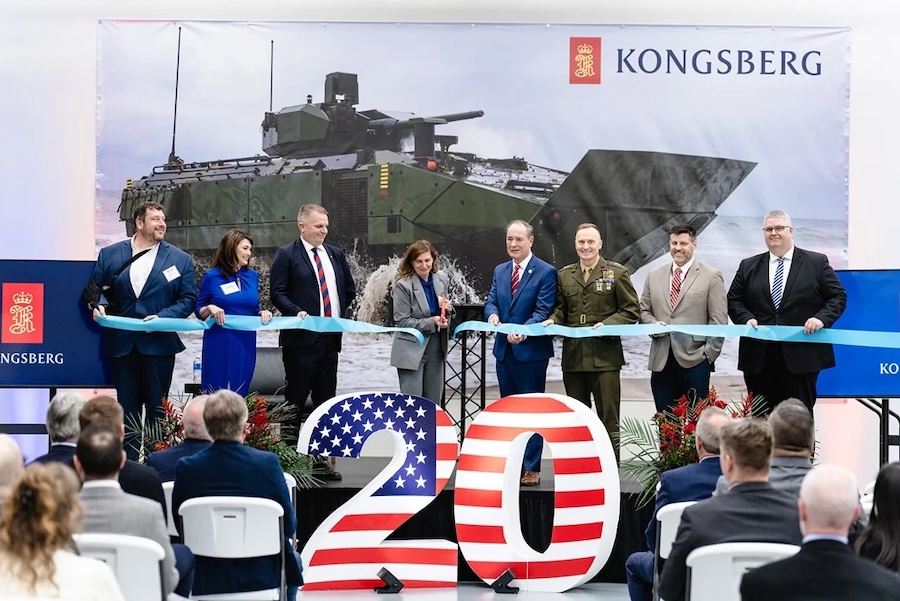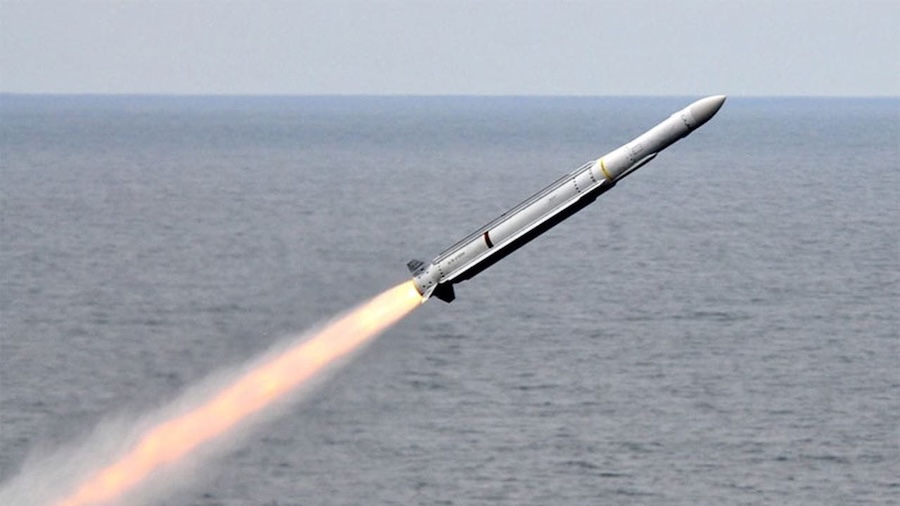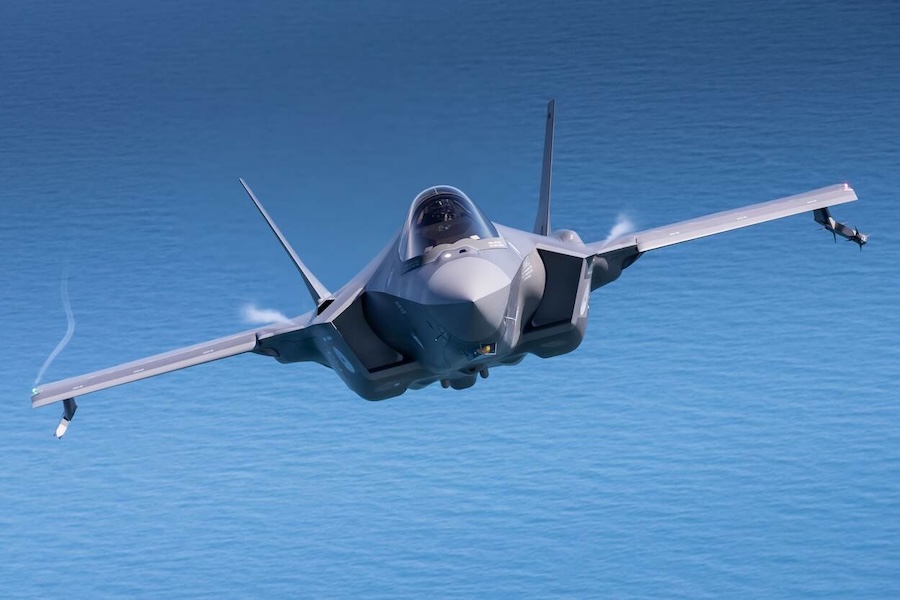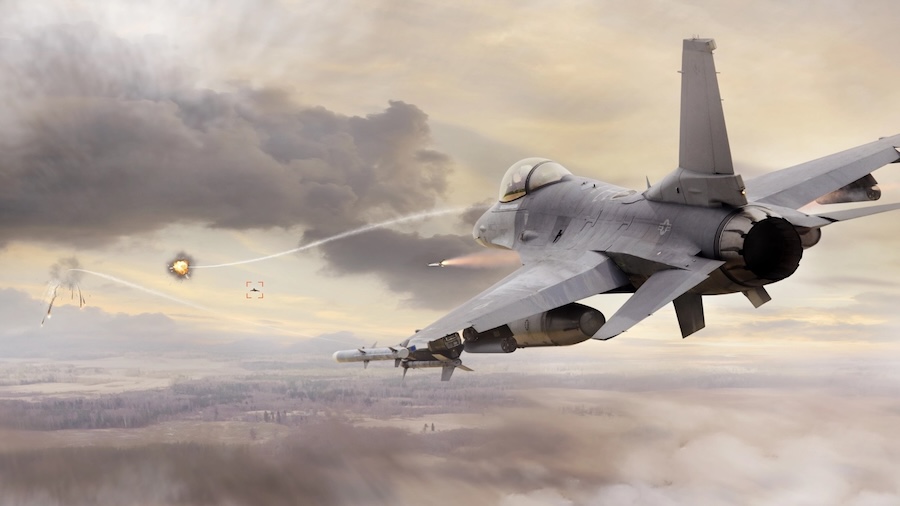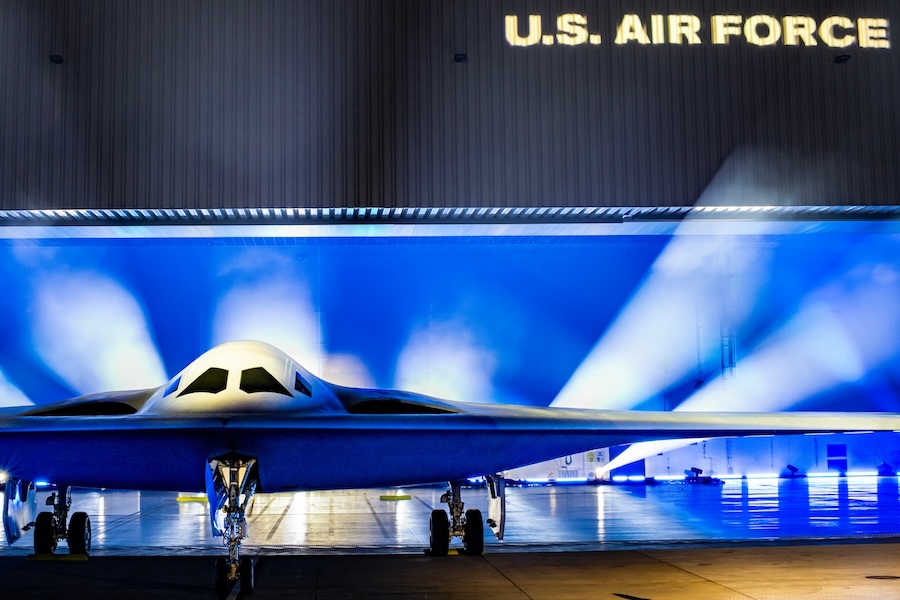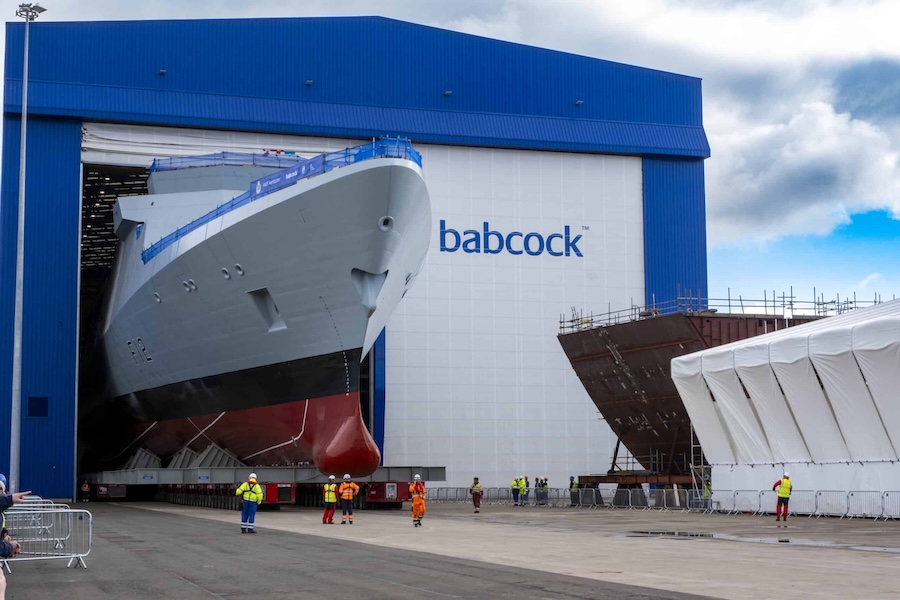“We also submitted proposals for space-based interceptors and other emerging technologies,” said Taiclet. “We’re actually planning for a real on-orbit, space-based interceptor demonstration by 2028.” He explained that the space-based interceptor (SBI) programme is part of a broader shift in how Lockheed Martin allocates its internal research and development resources.
“So, on SBI [space-based interceptors], we are changing the way we allocate our independent R&D at this company …, and we’ve been evolving towards this for the last five years, I think now we’re basically at the mountaintop here,” said Taiclet. He described a transition from business unit-based project funding to a more centralised, corporate-level focus on priority technologies.
“What we’ve done over the years is we’ve migrated that approach to one where, it does care for the current needs, if you will, in the business areas, but an increasing proportion of the corpus, and the corpus hasn’t grown that much larger, but it has increased over these years, but much of that corpus now goes to real highlight, corporate-level R&D programs,” he said. “SBI, the space-based interceptor, is one of those.”
Taiclet emphasised that these are not experimental lab tests but advanced prototypes intended for real operational environments. “We are building prototypes, full-up operational prototypes, not things in labs, not stuff on test stands, things that will go into space, or in the air, or fly across a missile range. These are real devices that will work, and that can be produced at scale. So the space-based interceptor is one we’ve been pursuing already, and that’s all I can say about that.”
He also referenced Lockheed Martin’s work on the command and control component of Golden Dome, highlighting collaborative efforts at the company’s Center for Innovation in Virginia. “Lockheed Martin has built a prototyping environment at our Center for Innovation in Virginia to support the collaborative development of a Golden Dome for America command and control capability,” he said.
“Through a series of demonstrations, Lockheed Martin’s open systems architecture is already fusing existing and new C2 capabilities, from seabed to space, and importantly, these capabilities are not limited to our own,” Taiclet continued. “We have a broad team of industry partners that are participating in the prototype system development, ensuring that the U.S. government has access to the best available solution for each element of the eventual Golden Dome command and control system.”





